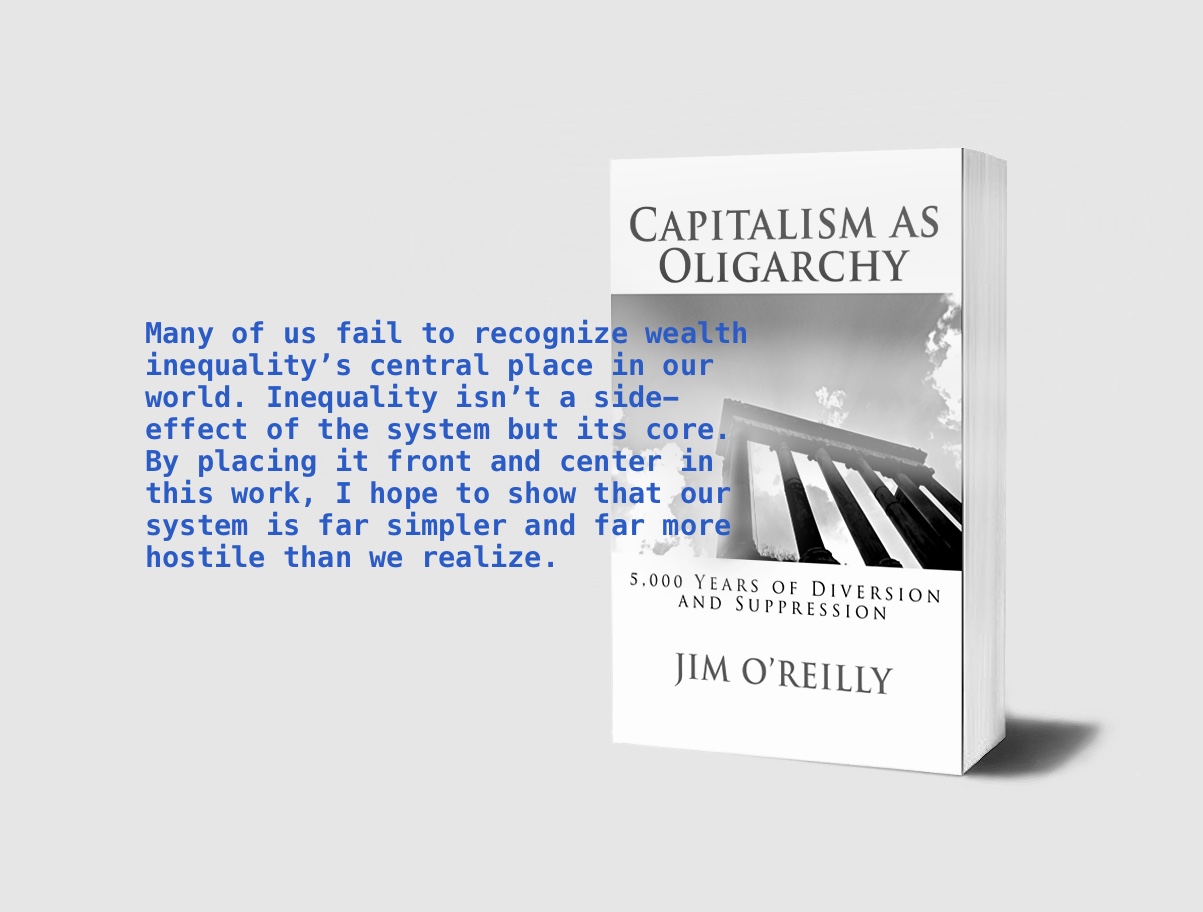Ralph Musgrave, MMT, and the risk free interest rate
Ralph Musgrave, economist and prominent proponent of Abba Lerner’s Functional Finance, has some confusing thoughts on interest rates today.
Functional Finance (FF) and its related Modern Monetary Theory (MMT) cut a sharp knife right through all of today’s misleading and false rhetoric on deficits by simply recognizing the clear reality of fiat currency regimes. They expose the entire debate as a complete fraud. Since governments who issue their own currency can create it at will, it makes absolutely no sense to claim there’s any limit to prosperity other than an economy’s productive capacity. A nation would be foolish to create money beyond its productive capacity as it would be inflationary, but there’s never a reason for austerity when the economy’s at less than full capacity. Government deficits turn out to be meaningless accounting entries having no important relevance.
FF and MMT provide critical theoretical support for those on the left who seek to divorce policy from its control by wealth and high finance. They’re far more radical than many proponents publicly admit since they take control of money – the very heart of capitalism – away from private wealth and democratize it in the hands of (hopefully) democratic governments. I think it’s very important for everyone on the left to understand this view of money.
In Ralph’s post, he objects to lowering interest rates during a recession and says:
For the purposes of raising demand, the best and most obvious policy is to put more spending power into the hands of the ultimate source of all demand, that is households, or “Main Street”. So the correct response to the recession would have been to feed spending power into the pockets and Main Street residents and RAISE interest rates.
Later in the day, he somewhat changes his mind:
Afterthought on same day (25th May). The idea that interest rates should be RAISED in a recession is on second thoughts going too far, particularly as I advocated in earlier posts that interest rate should be determined by market forces. But certainly, there is not much of an argument for REDUCING rates in a recession.
Those opposing wealth’s lock grip on society should strongly object to the very idea of a risk-free interest rate. On what possible moral basis should holders of wealth be entitled to a distribution of risk free cash? Especially given that FF and MMT show unambiguously that governments are not in need of private borrowings to fund spending and can establish whatever riskless interest rate they choose.
Today’s risk free interest rate on 10 year US government securities is 3.05%. While this is historically low, it’s still a transfer to wealth of $30,050 per year per million dollars – pretty damn close to the median wage in the US. And this is a reward for doing absolutely nothing, not one iota of risk is assumed. Just as bad, all debts in society, public and private, contain this riskless rate since they’re all priced as “spreads to treasuries”.
Ralph implies that higher interest rates are good for “Main Street” households. But the bottom 80% of all societies hold almost no financial assets and are most likely to be the payers of interest. His “Main Street” is a very exclusive neighborhood indeed, red-lining everyone except the very top strata.
FF and MMT show us that fiat currency governments are not truly constrained when it comes to monetary or fiscal policies and that they could pay higher interest rates without basic harm. My question to Ralph is why in the world would paying higher interest rates, or more specifically, any risk free interest rate, be a good policy? Why would a democratic society wish to distribute purchasing power based on wealth rather than on a per capita or on a per need basis?
If the worry is excessive speculation and unsound borrowing, then yes: tighten lending standards, increase reserve ratios, increase capital requirements, improve oversight, eliminate fractional reserve banking a la Friedman, tax speculative investments, but for heaven’s sake, don’t just give the already wealthy risk-free cash!


Another issue besides the level is that monetary policy is an artificial source of financial risk. With a static Fed Funds rate interest rate risk and the associated speculation would be largely eliminated.
Great point Max,
We hear so much about currency risk being a drag on the global economy but interest rate risk is certainly higher. There’s a very large number of people, myself included I must admit, who’ve devoted their careers to managing interest rate risk.
Jim
The problem is private households have hit a debt servicing too high relative to income wall collectively so consumption falls and the solution is to help private households pay off debts sooner not later, yes that means lower interest but it also means higher government net spending to step into the gap left by falling private household spending.
Underpaid and overtaxed!
I read some of Ralph’s work a short time ago. I very quickly concluded he is a bit of a crank. I checked him out a bit more via google; a complete nutter.